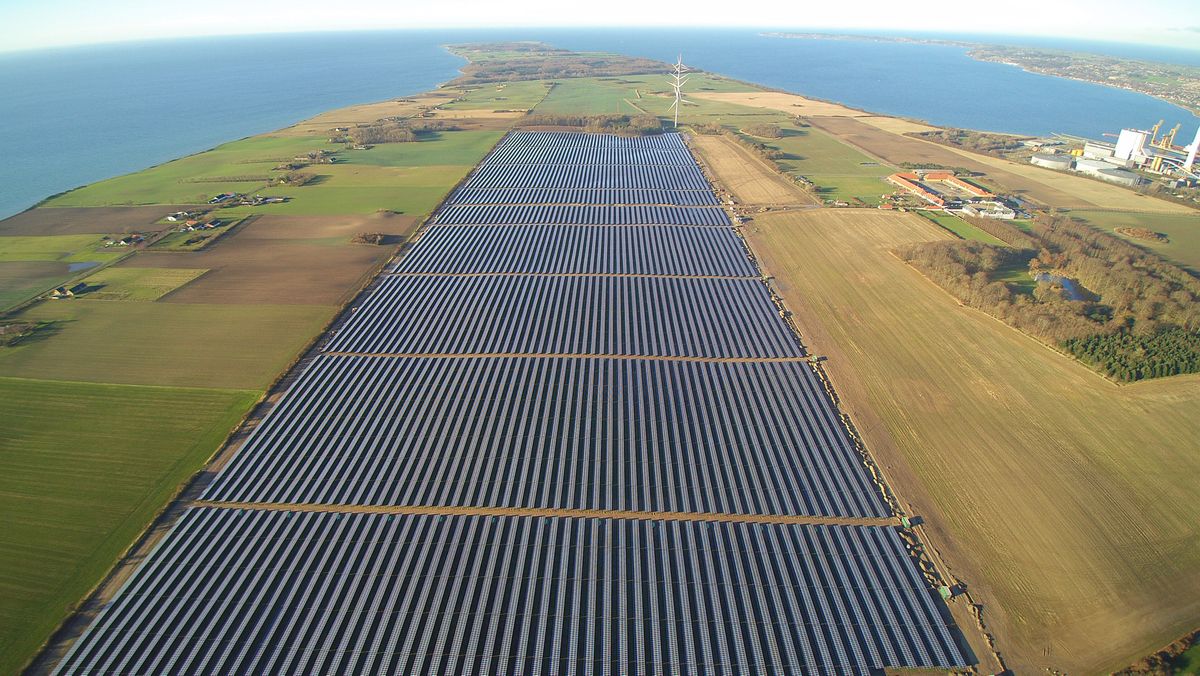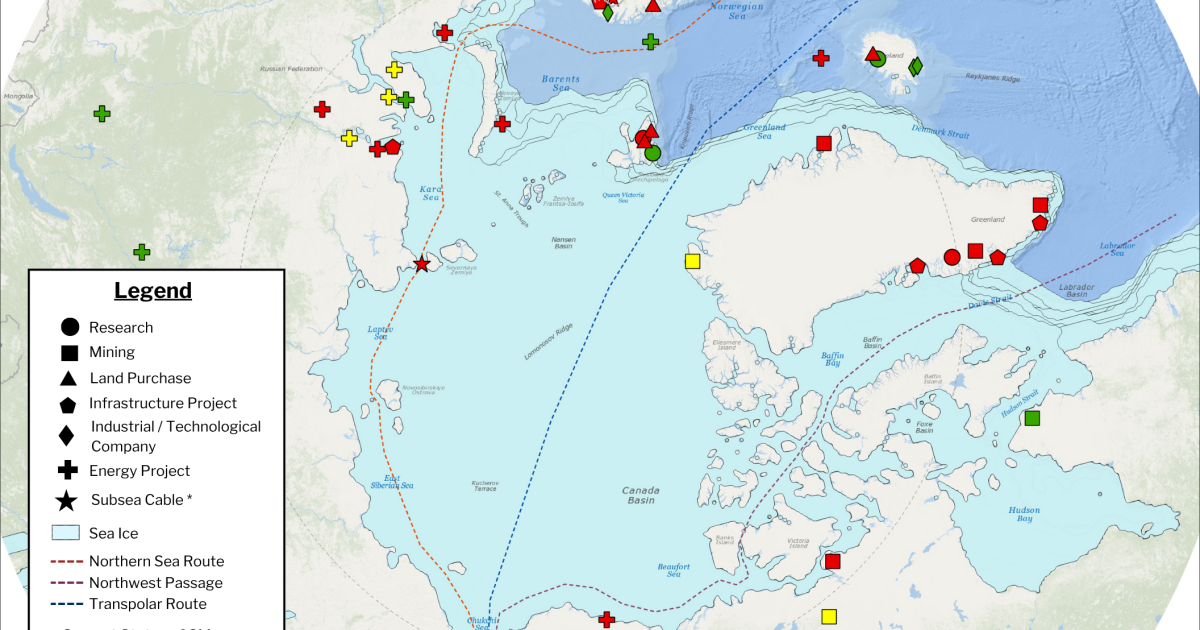As America’s failed invasions in the Middle East and Russia’s failed invasion of Ukraine have made clear, we now live in a posthegemonic, postconquest world. Great powers can still attempt to invade and occupy foreign territory, but their chances of success are limited and the costs are extremely high. There are several reasons for this turn. One is the diffusion of technology, including military technology, which severely limits the advantages that great powers have over smaller and weaker states. Another is the decline in the ideological, or world-ordering, benefits that great powers have over others. The willingness of other countries, or even political movements, to comply with ideological calls for conformity from imperial centers has been in steep decline since the Cold War ended. Economic power is also much more diffuse, with a massive shift from the Atlantic world toward Asia.
Let us look at these differences between the Cold War and today more closely. But before doing so, it is worth noting that these general trends, although coming to the fore in the post–Cold War era, have been underway for quite some time. The breakdown of Western empires in the middle part of the twentieth century should be seen as one starting point. Imperial collapses led to a dramatic expansion in the number of individual states claiming territorial sovereignty. As a rule, postimperial states have been very successful in defending their sovereignty, though not always in expanding it beyond territorial control to monetary or commercial issues. And superpower wars against postcolonial states were rarely successful during the Cold War, as the United States experienced in Korea and Vietnam, and the Soviet Union in Afghanistan.
The three big differences between the Cold War era and our own time are the lack of bipolarity, the global expansion of capitalism, and the reduction in ideological drivers in international affairs. Taken together, these differences are significant enough that it does not make sense to call today’s international system a cold war. Doing so is not just a sign of intellectual laziness; it is also inaccurate enough to be dangerous in policy-making terms.

 asiatimes.com
asiatimes.com












